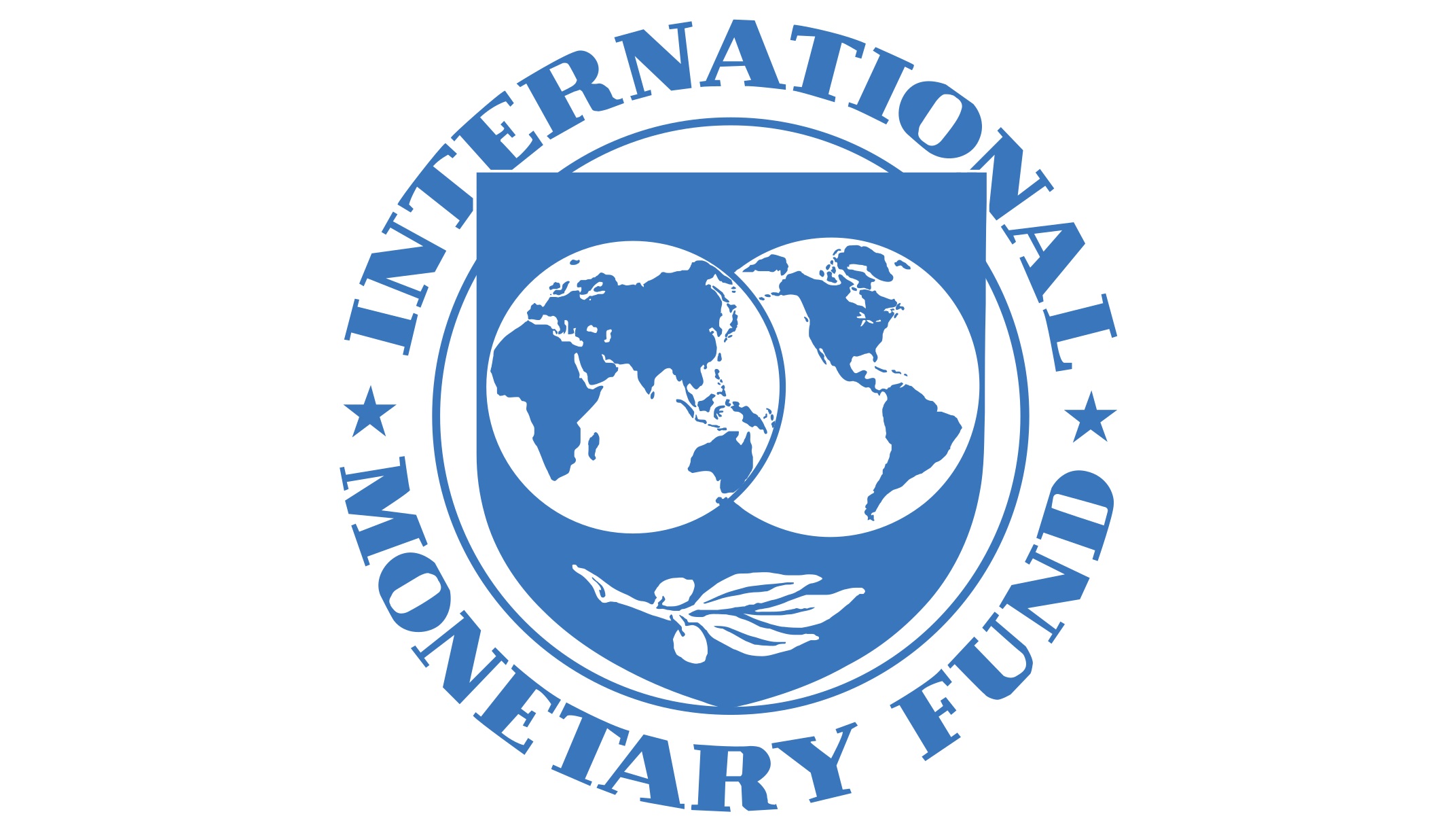The International Monetary Fund (IMF) has raised Nigeria’s 2022 economic growth forecast from 2.7 per cent it previously estimated to 3.4 per cent.
The fund had revised upward its growth forecast for the Nigerian economy in 2022 by 0.3 per cent to 2.6 per cent compared to its earlier projection in its April 2021 edition, while it retained its growth forecast for 2021.
The IMF stated this in its latest World Economic Outlook (WEO) released on Tuesday, at the ongoing hybrid spring meetings in collaboration with the World Bank, in Washington DC.
The report noted that Nigeria’s upward review was due to increase in oil prices.
The fund said, “The increase in oil prices has however lifted growth prospects for the region’s oil exporters, such as Nigeria. Overall, growth in sub-Saharan Africa is projected at 3.8 per cent in 2022.
“In sub-Saharan Africa, food prices are also the most important channel of transmission, although in slightly different ways. Wheat is a less important part of the diet, but food in general is a larger share of consumption.
“Higher food prices will hurt consumers’ purchasing power particularly among low-income households and weigh on domestic demand. Social and political turmoil, most notably in West Africa, also weigh on the outlook.”
Nigeria’s economy entered a recession in 2020, reversing three years of recovery, due to fall in crude oil prices on account of falling global demand and containment measures to fight the spread of COVID–19.
The containment measures mainly affected aviation, tourism, hospitality, restaurants, manufacturing, and trade. Contraction in these sectors offset demand-driven expansion in financial and information and communications technology sectors.
Overall, real Gross Domestic Product (GDP) is estimated by the IMF to have shrunk by 3 per cent in 2020, although mitigating measures in the Economic Sustainability Programme (ESP) prevented the decline from being much worse.

 Join Daily Trust WhatsApp Community For Quick Access To News and Happenings Around You.
Join Daily Trust WhatsApp Community For Quick Access To News and Happenings Around You.


